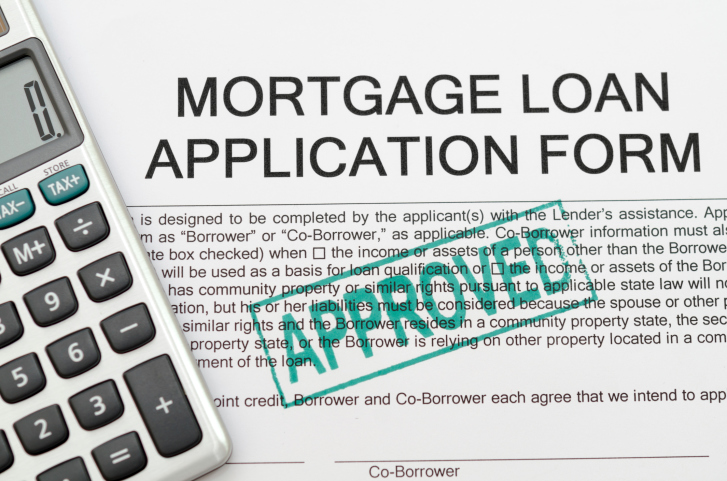How Much Should You Budget for Closing Costs? Let’s Take a Look
 If you’re in the market for a new home, you’re probably trying to budget for all of the expenses that come with a home purchase. After all, the asking price isn’t necessarily the entire amount that you’ll pay – there are other expenses that will factor in to the final price. One such expense is your closing costs.
If you’re in the market for a new home, you’re probably trying to budget for all of the expenses that come with a home purchase. After all, the asking price isn’t necessarily the entire amount that you’ll pay – there are other expenses that will factor in to the final price. One such expense is your closing costs.
Closing costs are the miscellaneous fees you’ll pay when you sign the deal to buy your home. But how much do you need to save up for closing costs? Here’s what you need to know.
The General Guideline for What to Expect
Most mortgage advisors will tell you that you should expect to pay about 3 to 5 percent of your mortgage in closing costs. By law, your mortgage provider is obligated to give you a Loan Estimate form which is designed to help you understand the key features, costs, and risks of the mortgage loan. Three business days before the loan closes your mortgage provider will also give you a Closing Estimate form to review all of the costs of the transaction including all closing costs.
How Your Closing Costs Break Down
Your lender will give you a breakdown of costs in your Loan Estimate and Closing Estimate. But in general, there are certain closing costs you can expect to pay.
One cost that most lenders include is the loan origination fee, a small charge to compensate the lender for the time it takes to prepare the initial loan documents. There will also typically be a loan application fee, which can vary per lender.
Your lender may require you to get private mortgage insurance depending on your situation. The title search and title insurance to protect your lender from title fraud is another fee you should consider, and you’ll also likely want to buy title insurance to protect yourself.
There are also several other closing costs to keep in mind, like escrow fees, notary fees, pest inspections, underwriting fees, and the mortgage broker’s commission. All in all, you’ll want to budget approximately $5,000 in closing costs for every $100,000 you borrow.
Closing costs can be quite expensive, which is why you’ll want to make sure you budget appropriately when you buy your new home. A mortgage professional can help you to figure out how much you need to budget for closing costs. Call your local mortgage advisor today to learn more about budgeting for the home buying process.

 When shopping for a mortgage, it is important to take closing costs into account. While some closing costs are the same for all lenders, different programs may add or reduce some of the burden borrowers face when closing on a home loan.
When shopping for a mortgage, it is important to take closing costs into account. While some closing costs are the same for all lenders, different programs may add or reduce some of the burden borrowers face when closing on a home loan. So you’ve found the perfect home, the seller has accepted your offer, and now you’re just waiting for the mortgage to close before you wrap up the sale and take possession. It’s time for the closing meeting.
So you’ve found the perfect home, the seller has accepted your offer, and now you’re just waiting for the mortgage to close before you wrap up the sale and take possession. It’s time for the closing meeting.